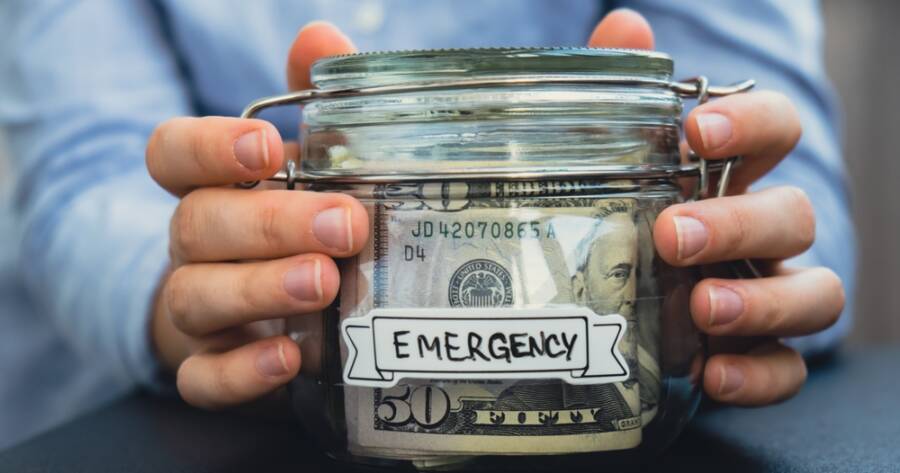Developing strong personal finance habits can be a cornerstone of achieving long-term financial stability and peace of mind. Through mindful planning and disciplined practices, individuals may find themselves better prepared for unexpected expenses, future goals, and improved financial well-being. By exploring practical strategies and understanding personal financial behavior, anyone can work towards cultivating beneficial habits.
Set Clear Financial Goals
Having specific goals makes financial planning easier. Begin by thinking about what you want to achieve financially, whether it’s saving for a vacation, paying off debt, or building an emergency fund. Define each goal with a realistic timeline to stay focused. For example, if you aim to save a thousand dollars within six months, break it down into smaller, manageable amounts you can set aside weekly or monthly.
Setting short-term, medium-term, and long-term goals is also helpful. Short-term goals, like saving for a small purchase, are achievable in a few months. Medium-term goals, such as paying off a significant portion of credit card debt, may take a few years. Long-term goals, like saving for retirement, often require planning over decades. By setting varied goals, you maintain motivation and build habits that will support your financial health long-term.
Track and Understand Your Spending
To build good personal finance habits, tracking spending is essential. Start by recording every expense, no matter how small, for a month. This approach gives you a clear picture of where your money goes and helps identify spending patterns. From coffee runs to grocery trips, knowing exactly what you spend makes it easier to cut unnecessary expenses.
Use tools or apps designed for budgeting to make tracking expenses simple. Many budgeting apps automatically categorize spending, allowing you to see which areas take up most of your income. Once you understand your spending habits, adjust them to align with your financial goals. For instance, if you notice high spending on dining out, consider cooking at home more often and setting that money aside for your goals.
Prioritize Saving and Build an Emergency Fund
Saving is a core aspect of good financial health. Setting aside a small portion of your income regularly can build an emergency fund that provides peace of mind in unexpected situations. Financial experts suggest aiming for three to six months’ worth of living expenses in an emergency fund. However, start with a goal that feels realistic, even if it’s just a few hundred dollars.
Automating your savings can make the process easier. Many banks allow you to schedule transfers from your checking account to your savings account. By automating this transfer, you can build your savings consistently without relying on memory or motivation. Even a small monthly contribution will add up over time and help reinforce the habit of saving.
Avoid Impulse Purchases
One of the biggest obstacles to building good personal finance habits is impulse spending. Impulse purchases may provide instant gratification, but they often harm long-term financial goals. To avoid falling into this trap, wait 24 hours before making non-essential purchases. Giving yourself a day to think about it can prevent unnecessary expenses.
Creating a list before shopping is another way to prevent impulse buys. Whether shopping for groceries or clothes, a list helps you stick to what you need and avoid distractions. With each purchase, ask yourself if it aligns with your financial goals. This approach encourages mindful spending and reinforces the habit of making thoughtful financial decisions.
Review and Adjust Your Budget Regularly
Budgeting helps you see where your money goes and ensures that your spending aligns with your goals. When you first create a budget, set specific limits for different spending categories, such as housing, groceries, and entertainment. Try to keep each category within your planned limits, but remember that budgets should be flexible.
Review your budget monthly to see if it’s working. Life circumstances change, and so do financial needs. Adjusting your budget based on your current situation helps you maintain good personal finance habits. For instance, if you’ve saved money on your electricity bill, consider directing that amount toward your emergency fund. Regularly reviewing and refining your budget will strengthen your financial habits over time.
Build Credit Responsibly
Building a strong credit score is important for achieving long-term financial stability. Start by using credit cards responsibly, ensuring you only charge what you can afford to pay off each month. Paying your credit card balance in full prevents interest charges and helps you build a positive credit history.
Keeping your credit utilization low is another way to boost your credit score. This means using only a small portion of your available credit limit, ideally less than 30 percent. If you have multiple credit cards, try to spread out your usage. Building good credit habits now will make it easier to secure loans, rent a home, and enjoy lower interest rates in the future.
Take Small Steps for Lasting Change
Building good personal finance habits involves a combination of understanding, planning, smart spending, and ongoing education. By thoughtfully applying strategies to track, budget, spend, and save, individuals might gradually achieve more control over their financial lives.
While this journey requires commitment and patience, the potential rewards, such as financial stability and confidence, make the effort worthwhile. Embracing a proactive approach to personal finance could set a strong foundation for a secure and prosperous future.
